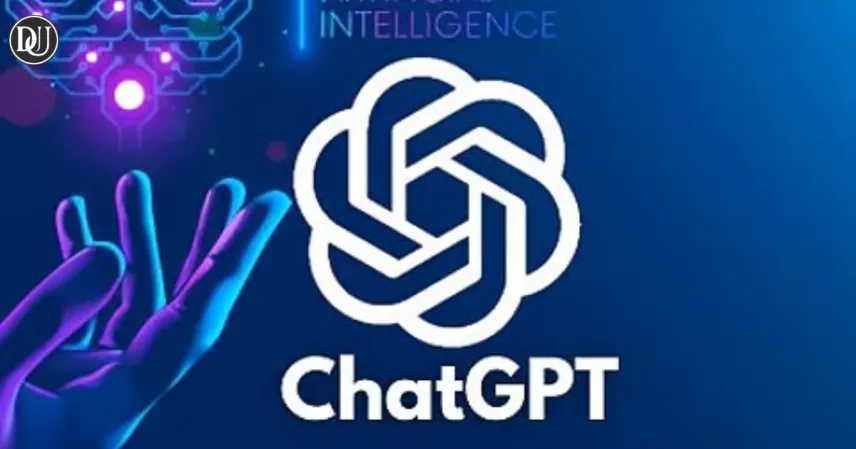ChatGPT just went completely dark, didn't it? Felt like a collective gasp across the internet when that happened a while back, you know? Like, thousands of people suddenly realized their digital assistant just... vanished. It’s pretty wild how quickly something becomes indispensable, only for it to blink out of existence for a few hours. That whole global outage, it really hit home how much we've started relying on these AI tools, sometimes without even thinking about it.
🤖 The Unsettling Silence of ChatGPT
Honestly, the immediate reaction was just this wave of confusion. I remember seeing people on Twitter, and probably Discord too, just totally bewildered, wondering if it was just their connection or if something bigger was up. StartupNews.fyi even picked up on it, noting thousands were asking 'Why is ChatGPT Not Working?' which honestly, captures the vibe perfectly. It wasn't just a slight hiccup; the whole platform was basically inaccessible, leaving users staring at error messages or endless loading screens. It really makes you pause and think about what happens when critical infrastructure, even one we just use for casual stuff sometimes, just… stops.
🌍 Global Ripple, Instant Reliance Check
You know, for something that feels like a relatively new tech, its reach is insane. This wasn't some localized problem; it was a global phenomenon. People from all corners of the world, whether they were students trying to get a quick summary, developers debugging code, or content creators brainstorming ideas, all hit the same wall. The Times of India, for instance, reported on it, highlighting how widespread the errors were. It just illustrates how deeply integrated this tool has become into our daily workflows, professional and personal. And when it goes down, it's not just a minor inconvenience; for some, it's a genuine disruption to their day, or even their work. It’s a bit scary, actually, how quickly we integrate these tools and then just assume they’ll always be there.
📣 OpenAI's Official Word: What We Heard
So, what did OpenAI say? Well, like most companies during an outage, the message was pretty standard: they were aware of the issue and actively working on a fix. Not a ton of detail, which is fair enough, I guess. When you're trying to restore service to millions, detailed explanations probably aren't the priority. But it does leave you wondering, doesn't it? Like, what really happened? Was it a server overload? A rogue update? A security issue? We just get the 'working on it' message. And while that's reassuring to some extent, part of you wants to know the mechanics behind such a massive platform just… breaking.
💻 Peeking Behind the Digital Curtain: Causes?
Could be wrong, but these kinds of global outages usually stem from a few common culprits. Sometimes it's simply overwhelming traffic, more than the servers can handle, leading to a cascade failure. Other times, it's a botched software update – pushing out new code that introduces an unforeseen bug. Or, and this is always a worry, some sort of security incident or DDoS attack. Honestly, maintaining a service at this scale, with that many concurrent users, must be an absolute nightmare. The complexity of the infrastructure needed to run something like ChatGPT must be mind-boggling, so a tiny glitch somewhere could have massive repercussions. It makes sense, really, though it’s still frustrating when you need it.
💡 More Than Just an Error Page: The Unseen Fallout
Beyond the immediate frustration, there's a subtle but significant ripple effect. Businesses that have started integrating ChatGPT into their customer service, marketing, or development processes suddenly find a critical limb missing. Students on deadlines probably felt a unique kind of panic. Even for casual users, the mental 'offload' of simple tasks to the AI suddenly returned to their plate. It sounds dramatic, I know, but think about how much we rely on Google, or even just our phones. When they stop working, it impacts more than just the direct action we were trying to perform. It throws off our entire rhythm. It’s a testament to the tool's utility, but also a stark reminder of its fragility.
🤔 Our Growing AI Dependence: A Timely Reminder
This whole incident, for me, just hammered home a bigger point: how quickly we've embraced and become dependent on AI tools. It feels like only yesterday ChatGPT was this cool new thing, and now, its absence causes a noticeable void. Is that really surprising? Maybe not. We adapt fast. But it does raise questions about resilience and redundancy. What happens if this becomes even more integral to global systems, and a more prolonged outage occurs? We need to think about backup plans, about human oversight, about not putting all our eggs in one very powerful, but ultimately fallible, digital basket. It's not about fearing AI, but about understanding its limits and planning accordingly. Just something to ponder at 2 AM, I guess, when the world's quiet and your brain decides to go on a tangent about AI outages.










